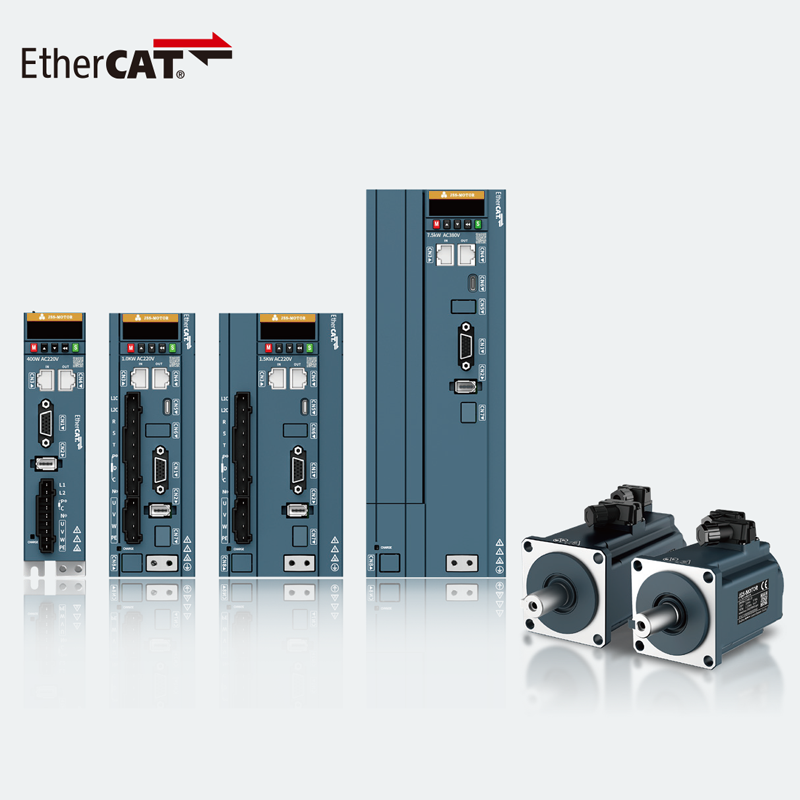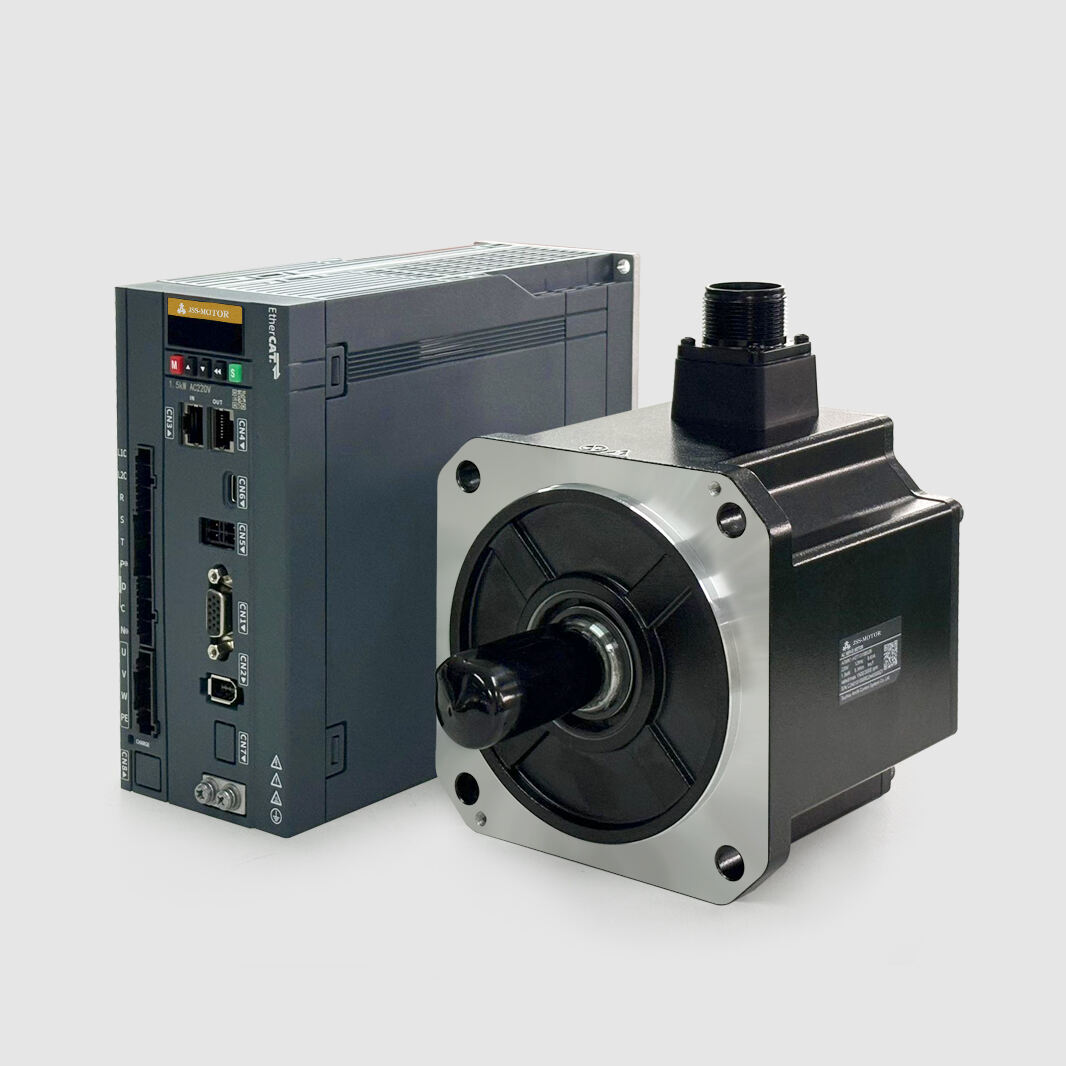In the world of industrial automation and precision motion control, understanding the distinction between servo motors and stepper motors is crucial for engineers and system designers. A servo motor represents the pinnacle of precise motion control, offering superior performance characteristics that make it ideal for complex automation applications. This comprehensive guide explores the fundamental differences between these two motor types, helping you make informed decisions for your specific requirements.

Understanding Basic Operating Principles
Servo Motor Operation
A servo motor operates on a closed-loop control system, continuously monitoring its position through feedback devices like encoders. This sophisticated system allows for real-time position adjustment and precise control. The motor receives electrical signals that determine the exact rotation angle, speed, and acceleration required for the application.
Stepper Motor Operation
Stepper motors function through a different mechanism, operating in discrete steps or increments. Unlike servo motors, they typically work in an open-loop system without feedback. Each pulse of electricity moves the motor shaft through a fixed angle, creating a stepping motion that gives these motors their name.
Performance Characteristics
Speed and Torque Capabilities
The servo motor excels in applications requiring high-speed operation while maintaining consistent torque output. These motors can achieve rapid acceleration and deceleration while delivering smooth motion profiles. Their ability to maintain high torque across various speed ranges makes them particularly valuable in demanding industrial applications.
Precision and Accuracy
When it comes to precision, servo motors demonstrate superior capabilities. Their closed-loop control system enables them to achieve positioning accuracies down to fractions of a degree. This level of precision makes them ideal for applications in robotics, CNC machinery, and other high-precision manufacturing processes.
Application Considerations
Industrial Applications
In industrial settings, servo motors shine in applications requiring dynamic position control and variable speed operation. They excel in robotic arms, packaging machinery, and automated assembly lines where precise positioning and smooth motion are critical. Their ability to handle varying loads while maintaining accuracy makes them invaluable in modern manufacturing environments.
Cost and Complexity Factors
While servo motors generally represent a higher initial investment compared to stepper motors, their superior performance often justifies the cost in demanding applications. The complexity of servo systems, including their feedback mechanisms and control electronics, requires careful consideration during system design and implementation.
Energy Efficiency and Heat Generation
Power Consumption Patterns
Servo motors demonstrate excellent energy efficiency, particularly in variable load applications. They draw power proportional to the required torque, making them more energy-efficient than stepper motors in many scenarios. This characteristic becomes particularly important in continuous operation environments where energy costs are a significant factor.
Thermal Management Considerations
The efficient operation of servo motors results in lower heat generation compared to stepper motors. This reduced thermal output means less stress on the motor components and potentially longer operational life. However, proper thermal management remains important, especially in high-duty-cycle applications.
FAQ
What makes servo motors more precise than stepper motors
Servo motors achieve higher precision through their closed-loop feedback system, which constantly monitors and corrects position errors. This real-time adjustment capability, combined with sophisticated control algorithms, enables them to maintain accuracy even under varying load conditions.
When should I choose a servo motor over a stepper motor
Choose a servo motor when your application requires high speed, precise positioning, smooth motion profiles, or operation under varying loads. They are particularly suited for applications in robotics, CNC machines, and high-speed automation where dynamic performance is crucial.
What is the typical lifespan of a servo motor
With proper maintenance and operating conditions, servo motors can last 20,000 to 40,000 hours of continuous operation. Factors affecting longevity include operating environment, load conditions, and maintenance practices.

